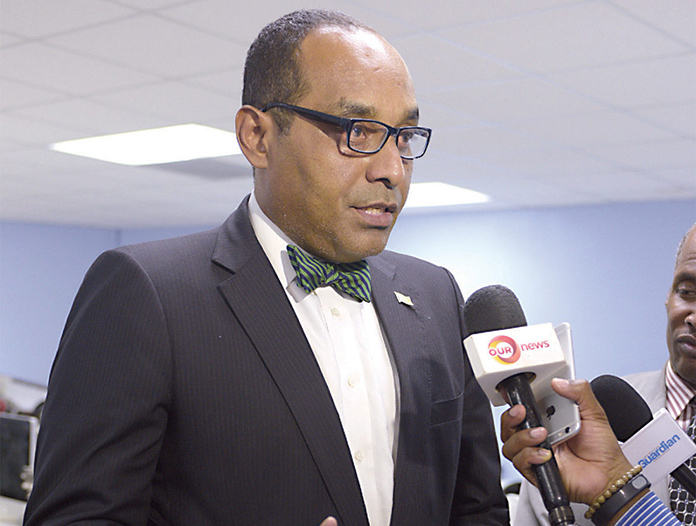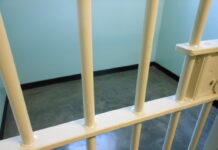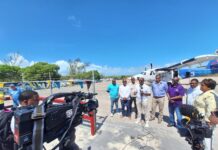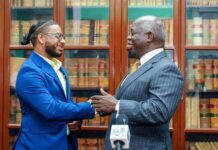
By Sydnei L. Isaacs
NASSAU, The Bahamas— The Minister of the Environment and Housing, the Hon. Romauld Ferreira said “Energy has become a part of our lives that is a necessity…. We have some of the highest energy rates in the region, if not the world” at the BCCEC’s (Bahamas Chamber of Commerce and Employers Confederation) Bahamas Energy Security Forum under the theme, ‘Smart is the New Sexy’ on Friday, March 23, 2018 from 8 a.m. to 4 p.m. at The Island House.
Minister Ferreira reflected on “The largest and longest blackout in US history” which took place in Puerto Rico as a result of category four Hurricane Maria on September 20, 2017 “And still 185 days later on March 23, 2018, just over six months, parts of Puerto Rico are still without energy.” He also drew attention to Hurricane Matthew of 2012 which caused damage to power stations and communities due to insufficient planning. He stated that “Grand Bahama Power and Light had to replace over 2,000 distribution poles and close to 300 transmission poles contributing to an estimated $2,500,000 in restoration costs.” He said all of this to say that “There are many lessons that we can learn from these events.”
Minister Ferreira shared a finding in 2001 at the Bahamas’s first national address on climate change stating that “65% of carbon dioxide emission in The Bahamas is produced from gasoline, diesel and residual fuel oil” He also shared that “The 2005 Climate Adaptation Policy and National Energy Policy would support a transition towards renewable energy and use of household green technologies” for example, solar water heating.
“In 2012 The Renewable Energy Profile from the National Renewable Energy Entity was published and it revealed that The Bahamas’s electricity capacity was 493 megawatts and its generation was 2,139 gigawatts. None of which were produced from renewable sources despite national energy strategies advocating its use.” In response to this revelation conveyed by Minister Ferreira, he stated that “The 2016 National Development Plan commits to meeting the sustainable goal of 7.1% renewable energy usage which is focused on granting provisions for affordable, reliable and modern energy service.” The Minister of the Environment and Housing also stated a reminder that “Nothing in environment or renewable energies can work unless the financing is right.”
In his own words, Minister Ferreira said that “The Government of The Bahamas has already taken strides to incorporate renewable energy and technologies while simultaneously strengthening public utilities throughout our islands.” He shared an example of this by bringing awareness to Prime Minister, Dr. the Hon. Hubert Minnis’ budget address on Tuesday, March 20, 2018 which announced efforts to incorporate solar power generation into the Ragged Island electricity grid with plans to make Ragged Island “The first ever ‘green smart’ island in The Bahamas.” He added that “Other renewable energy products that are currently underway include six chargeable car ports at the Thomas A. Robinson Track and Field Stadium which is currently being facilitated by a grant from the United Arab Emirates Renewable Energy Plant.”
The Ministry of the Environment and Housing is also engaged in stabilising the cost of electricity, increasing the resiliency of distribution grids, and diversifying the job market to provide capacity-building opportunities for young Bahamians interested in the energy industry. Also the Ministry is working diligently to find suitable grants and partnerships that will help in expanding the renewable energy efforts.
Minister Ferreira was happy with the panel of speakers which was comprised of local and international professionals. He showed this by stating that “A goal this size needs joint effort… we alone, do not have all the answers.” He also thanked The Island House for its “continuous efforts in being good stewards of the environment.”
The forum invited smart, energy conscious consumers, business owners, entrepreneurs and environmentally conscious persons and companies with vehicle fleets to learn the latest about productive energy usage and the implementation of the 2014 Natural Energy Policy.







